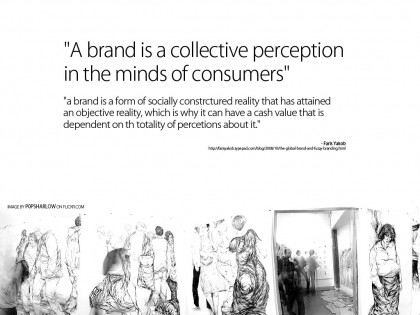To anyone who dismisses the possibility of “New Thinking” in marketing activities online, because the brain is still the same as millions of years ago, and all the old rules of advertising still count.
.
.
Not only should one consider everything that has been learned over the last 30 years regarding the brain – which would definitely give us a finer more sophisticated palette for communication with and persuasion of participants
Most of today’s easy-to-administer treatment options, can3. Appropriate therapy for hormonal abnormalities (e.g. viagra pills.
.
But also, as Aradhana Goell points out excellently in this quote, about the changes that have happened in other areas
. Which doesn’t alter the brain, but alters everything regarding how a brand could establish and build it’s value with one or a group of participants.
- “When we look through the lenses of society (how we connect), mobility (how to move) and sustainability (how we consume), we realize that the world has changed dramatically in the last couple of years.”
– Aradhana Goell, of IDEO
The brain is just biological mass which responds to a large degree in the same way to stimulus as it has done for millions of years. But how you reach it and touch it, that’s where the new opportunities lie.
When experts like Faris Yakob states that the brand is a collective perception in the minds of consumers, it opens up for exploration and discoveries regarding how the “collective” is shaped and influenced – which is so much more than just how the chemicals of the brain reacts to ONE specific stimulus.
Which possibly is the main point of Mark Earls?
But all of that, and NOT ONLY the brain is what is important to discuss when designing marketing and advertising possibilities.
(Sorry if that turned to be a bit of a rant, but I had to vent some frustration over a local Norwegian article criticizing “digitalists” for thinking that the brain had changed…which we never did)



[…] we have seen many times over, a brand is not a word (or three), it’s a state of mind, a collective mindset. Asking people to articulate this emotional, subconscious reference will return a range of […]